
Deutsch-Chinesische Enzyklopädie, 德汉百科
 Cyprus
Cyprus
 Egypt
Egypt
 Australia
Australia
 Belgium
Belgium
 Brunei Darussalam
Brunei Darussalam
 China
China
 Germany
Germany
 Djibouti
Djibouti
 France
France
 Greece
Greece
 Guangdong Sheng-GD
Guangdong Sheng-GD
 Hongkong Tebiexingzhengqu-HK
Hongkong Tebiexingzhengqu-HK
 India
India
 Indonesia
Indonesia

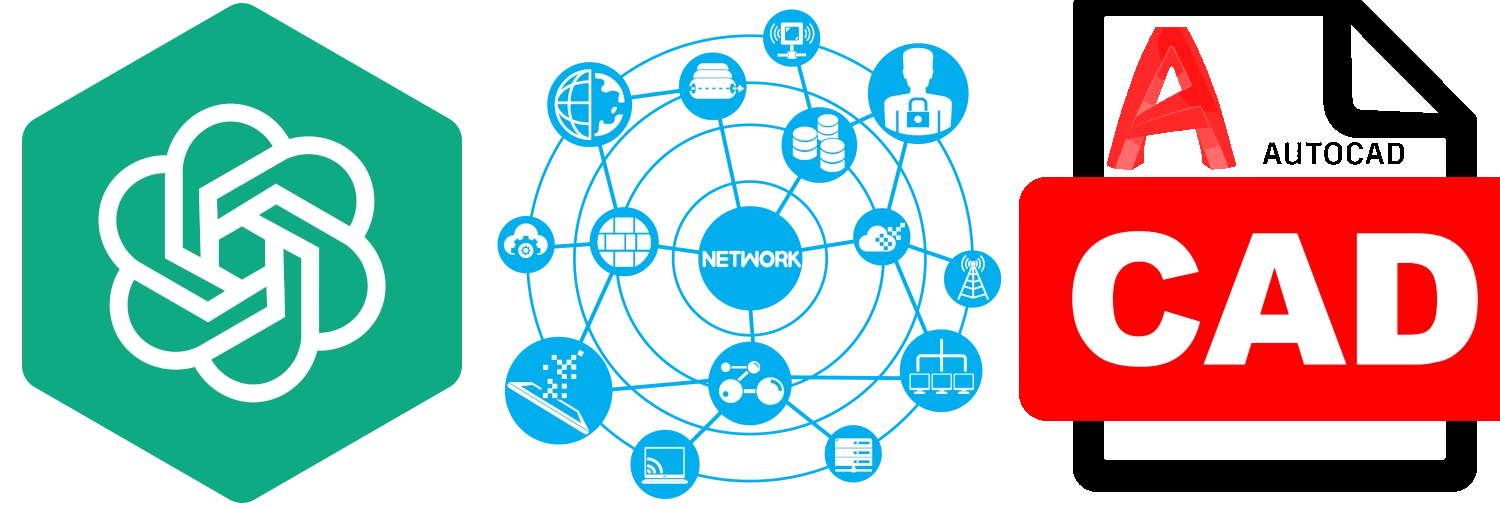
 IT-Times
IT-Times
 Late Classical, Romantic (Early, Middle, Late)
Late Classical, Romantic (Early, Middle, Late)
 Italy
Italy
 Japan
Japan
 Malaysia
Malaysia
 Morocco
Morocco
 Myanmar
Myanmar
 Oman
Oman
 Pakistan
Pakistan
 Philippines
Philippines
 Portugal
Portugal
 Republic of Korea
Republic of Korea
 Saudi Arabia
Saudi Arabia
 Shanghai Shi-SH
Shanghai Shi-SH
 Singapore
Singapore
 Sri Lanka
Sri Lanka
 Taiwan Sheng-TW
Taiwan Sheng-TW
 Thailand
Thailand
 Turkey
Turkey
 United Arab Emirates
United Arab Emirates
 United Kingdom
United Kingdom
 Vietnam
Vietnam
 Cyprus
Cyprus
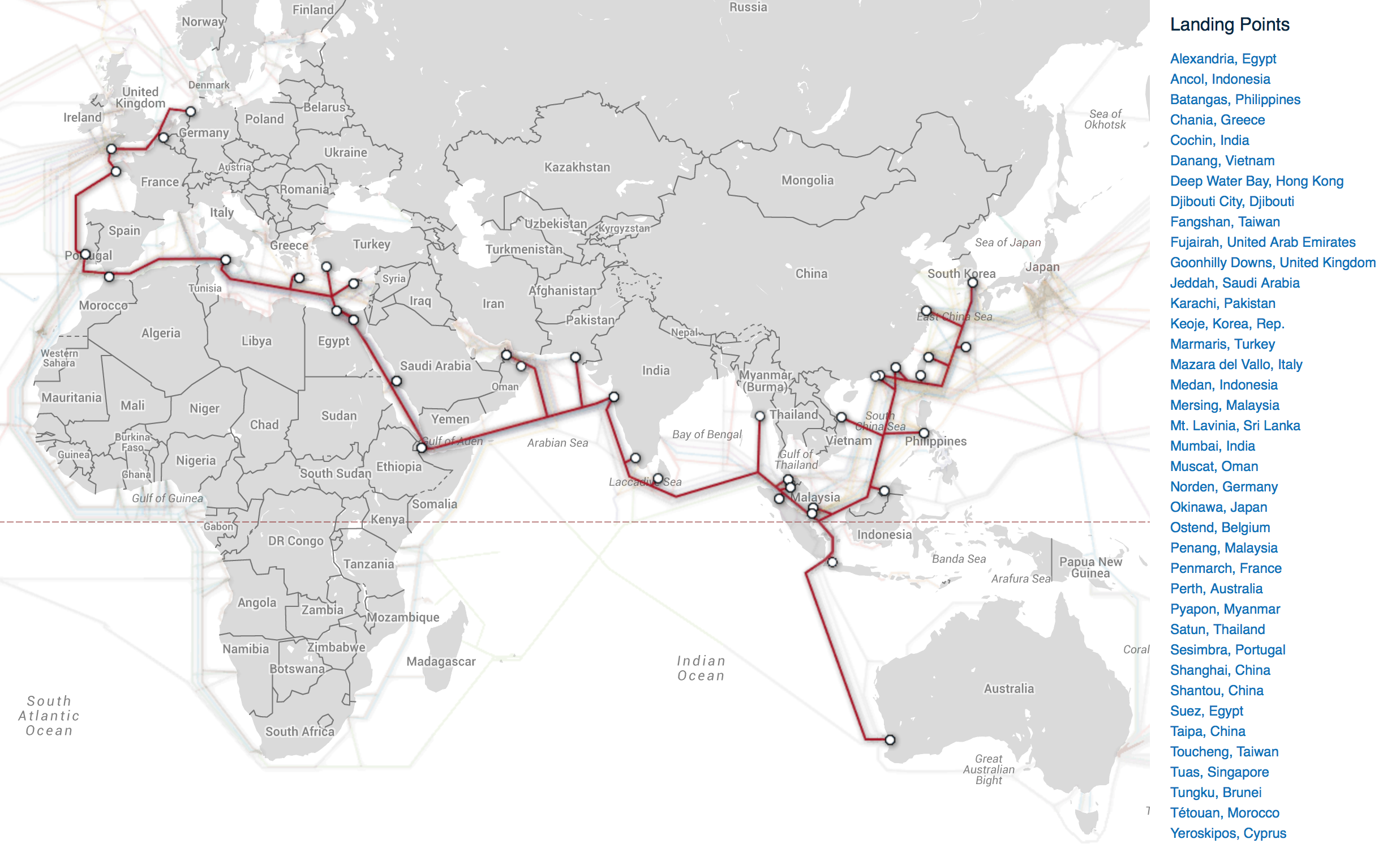

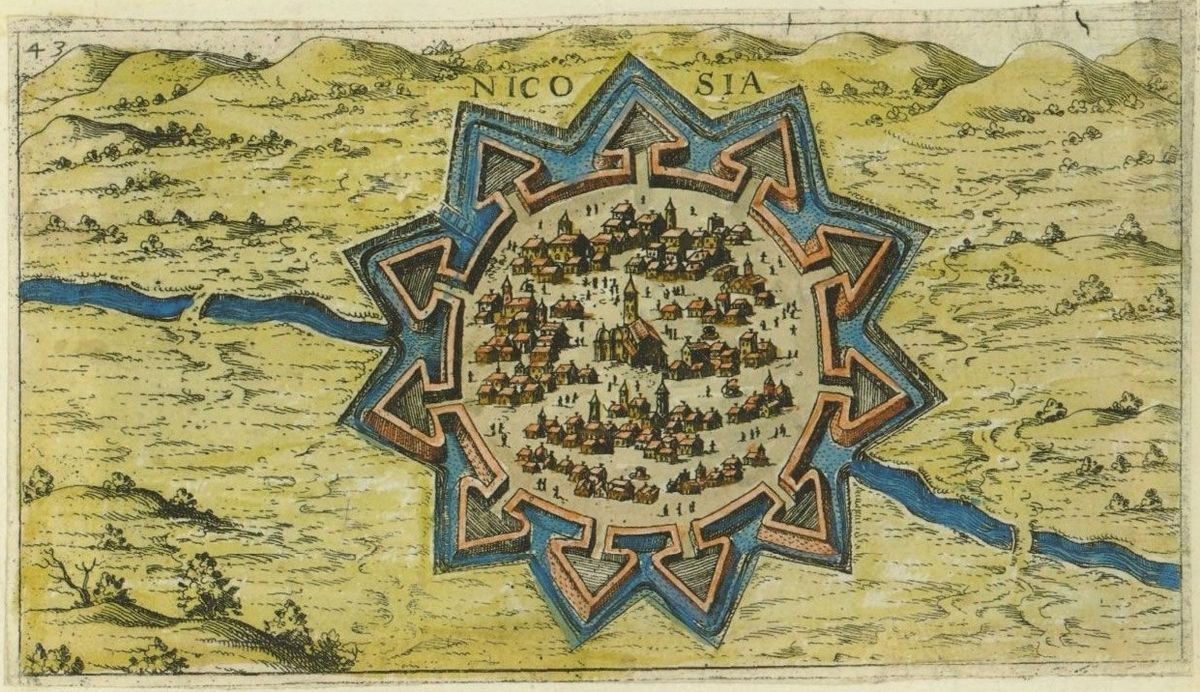
 Bosnia Herzegovina
Bosnia Herzegovina
 Bulgaria
Bulgaria
 Georgia
Georgia
 Greece
Greece

 Hand in Hand
Hand in Hand

 Hand in Hand
Hand in Hand
 Institute of Culture and Language
Institute of Culture and Language
 Iraq
Iraq
 Kosovo
Kosovo

 Literature
Literature
 Nordmazedonien
Nordmazedonien
 Romania
Romania
 Syria
Syria
 Turkey
Turkey
 Northern Cyprus
Northern Cyprus
 Cyprus
Cyprus


土耳其语(Türkçe;[ˈtyɾctʃe] (![]() 聆听) ),是一种现有7300万到8700万人使用的语言,属突厥语族,主要在土耳其本土使用,并通行于阿塞拜疆、塞浦路斯、希腊、北马其顿、罗马尼亚、乌孜别克和土库曼斯坦,以及在西欧居住的数百万土耳其裔移民(主要集中在德国)。土耳其语是突厥语族诸语中使用人数最多的语言。
聆听) ),是一种现有7300万到8700万人使用的语言,属突厥语族,主要在土耳其本土使用,并通行于阿塞拜疆、塞浦路斯、希腊、北马其顿、罗马尼亚、乌孜别克和土库曼斯坦,以及在西欧居住的数百万土耳其裔移民(主要集中在德国)。土耳其语是突厥语族诸语中使用人数最多的语言。
土耳其语起源于中亚,其最早期的文字纪录可上溯至1200年前。随着奥斯曼帝国扩张,今日土耳其语的先驱奥斯曼土耳其语的影响力亦一同往西扩张。早期的土耳其语文字采用阿拉伯字母纪录,但在1928年,土耳其国父穆斯塔法·凯末尔·阿塔土克建立共和国后着手改革国家的语言,用以标志新国家与旧有奥斯曼帝国的分别,于是改用拉丁字母,直至现今。伴随这个改革的,还包括在新国语中去除旧有从波斯语及阿拉伯语借用的词汇,改为从土耳其语原有的字根去重新组合出有关借词所代表的意思。
土耳其语一个显著的特色,其元音和谐及大量胶着语的词缀变化,句法采用主宾动词序。土耳其语有着极严谨的尊称和敬语体系,但是词汇中没有名词类别和语法性别。
Die türkische Sprache – auch Türkeitürkisch oder Osmanisch-Türkisch[1] – ist eine agglutinierende Sprache und gehört zum oghusischen Zweig der Turksprachen. Als meistgesprochene Turksprache ist sie die Amtssprache in der Türkei und neben dem Griechischen auch auf Zypern (sowie in der international nicht anerkannten Türkischen Republik Nordzypern). Außerdem wird das Türkische als lokale Amtssprache in Nordmazedonien, Rumänien und im Kosovo verwendet. Eigenbezeichnungen sind Türk dili, Türkçe [tyɾkt͡ʃe] und Türkiye Türkçesi.
Die türkische Sprache selbst weist eine Reihe von Dialekten auf, von denen der Istanbuler Dialekt von besonderer Bedeutung ist. Seine Phonetik ist die Basis der heutigen türkischen Hochsprache.[2] Bei der Einführung des lateinischen Alphabets für die türkische Sprache im Jahr 1928 wurde nicht auf die historische Orthographie des Osmanisch-Türkischen zurückgegriffen, sondern die Aussprache von Istanbul als Grundlage der Verschriftung herangezogen[3]. Die Dialekte innerhalb der Türkei werden in Gruppen der Schwarzmeerregion (Karadeniz Şivesi), Ostanatolien (Doğu Anadolu Şivesi), Südostanatolien (Güneydoğu Anadolu Şivesi), Zentralanatolien (İç Anadolu Şivesi), Ägäis (Ege Şivesi) und Mittelmeerregion (Akdeniz Şivesi) eingeteilt.
Die Alternativbenennung „Türkeitürkisch“ umfasst aber nicht nur die Türkei, sondern auch alle Gebiete des ehemaligen Osmanischen Reichs. Das bedeutet, dass auch die Balkan- oder Zyperntürken ein „Türkeitürkisch“ sprechen.[4]
トルコ語(トルコご、Türkçe)は、アゼルバイジャン語やトルクメン語と同じテュルク諸語の南西語群(オグズ語群)に属する言語。
テュルク諸語のうち最大の話者数をもつ。トルコ語の話者が最も多いのはトルコ共和国であり、人口の約3分の2を占めるトルコ人の母語であるほか、公用語ともなっているため約7500万人のトルコ国民のほとんどはトルコ語を話すことができる[4]。キプロス共和国もギリシャ語と並んでトルコ語を公用語としている[5]が、実際にはキプロス紛争の結果1974年に国が南北に分断され、南部のみを領するようになったキプロス共和国内にはほぼトルコ人が存在しなくなったため、名目のみの公用語となっている。逆に島の北部を領有している北キプロス・トルコ共和国は約33万人の国民のほとんどをトルコ人が占めるようになったため、トルコ語が唯一の公用語となっている。
このほか、ブルガリアに約100万人[4]、ギリシャに約15万人、そのほかマケドニア共和国やコソボにも母語話者がいる。ドイツ・オーストリア・スイス・リヒテンシュタインなど西ヨーロッパ東部〜中央ヨーロッパのトルコ系移民社会(250万人以上)でも話されているが、現地で生まれてトルコ語が満足に話せない若者も増えている[4]。
アラビア語・ペルシア語からの借用語が極めて多い他、日常語にはブルガリア語・ギリシャ語など周辺の言語からの借用語も多く、近代に入った外来語にはフランス語からのものが多い。
主に中央アジア・トルキスタンを中心に広がるトルクメン語・カザフ語・キルギス語・ウイグル語などのテュルク諸語とは近縁関係にあり、中でも同じオグズ語群に属するアゼルバイジャン語とはかなりの部分相互理解が可能である[6]。
Turkish (Türkçe (![]() listen), Türk dili), also referred to as Istanbul Turkish[8][9][10] (İstanbul Türkçesi) or Turkey Turkish (Türkiye Türkçesi), is the most widely spoken of the Turkic languages, with around 70 to 80 million speakers, the national language of Turkey. Outside its native country, significant smaller groups of speakers exist in Iraq, Syria, Germany, Austria, Bulgaria, North Macedonia,[11] Northern Cyprus,[12] Greece,[13] the Caucasus, and other parts of Europe and Central Asia. Cyprus has requested that the European Union add Turkish as an official language, even though Turkey is not a member state.[14]
listen), Türk dili), also referred to as Istanbul Turkish[8][9][10] (İstanbul Türkçesi) or Turkey Turkish (Türkiye Türkçesi), is the most widely spoken of the Turkic languages, with around 70 to 80 million speakers, the national language of Turkey. Outside its native country, significant smaller groups of speakers exist in Iraq, Syria, Germany, Austria, Bulgaria, North Macedonia,[11] Northern Cyprus,[12] Greece,[13] the Caucasus, and other parts of Europe and Central Asia. Cyprus has requested that the European Union add Turkish as an official language, even though Turkey is not a member state.[14]
To the west, the influence of Ottoman Turkish—the variety of the Turkish language that was used as the administrative and literary language of the Ottoman Empire—spread as the Ottoman Empire expanded. In 1928, as one of Atatürk's Reforms in the early years of the Republic of Turkey, the Ottoman Turkish alphabet was replaced with a Latin alphabet.
The distinctive characteristics of the Turkish language are vowel harmony and extensive agglutination. The basic word order of Turkish is subject–object–verb. Turkish has no noun classes or grammatical gender. The language makes usage of honorifics and has a strong T–V distinction which distinguishes varying levels of politeness, social distance, age, courtesy or familiarity toward the addressee. The plural second-person pronoun and verb forms are used referring to a single person out of respect.
Le turc (autonyme : Türkçe ou Türk Dili) est une langue parlée principalement en Turquie et en Chypre du Nord. Il appartient à la famille des langues turques. Bien que les langues d'autres pays turcophones, principalement des républiques de l'ancienne URSS, soient proches du turc (surtout l'azéri et le turkmène), il existe d'importantes différences phonologiques, grammaticales ou lexicales entre ces langues.
Au-delà de la Turquie elle-même, le turc est utilisé dans l'ancien territoire de l'Empire ottoman par des populations d'origine ottomane, turcique ou des populations musulmanes qui ont adopté cette langue. Ces turcophones sont nombreux en Bulgarie, en Grèce (concentrés en Thrace occidentale), dans les Balkans (Bosnie-Herzégovine et Kosovo), dans la partie nord de l'île de Chypre (République turque de Chypre du Nord), dans le nord de l'Irak (surtout à Kirkouk), en Macédoine et en Roumanie (essentiellement en Dobroudja). C'est pourquoi le turc de Turquie est aussi nommé « turc osmanlı » (Osmanlı Türkçesi).
Le turc est, typologiquement, une langue agglutinante. Elle utilise principalement des suffixes et peu de préfixes. C'est une langue SOV (sujet-objet-verbe). Elle comporte un système d'harmonie vocalique.
La lingua turca (nome nativo Türkçe o Türk dili, Türkiye Türkçesi) è una lingua appartenente al ceppo Oghuz delle lingue turche, con circa 85 milioni di madrelingua[1] in Turchia, a Cipro, in Germania e sparsi per il mondo. Il turco era parlato nell'Impero ottomano usando, per la forma scritta, una versione modificata dell'alfabeto arabo. Nel 1928 Mustafa Kemal Atatürk, nei suoi sforzi per modernizzare la Turchia, rimpiazzò l'alfabeto arabo con una versione modificata dell'alfabeto latino. Ora il turco è regolato dall'Organizzazione linguistica turca. Il turco è parlato in Turchia e da minoranze di 35 altri paesi. È usato in stati come l'Azerbaijan, la Bulgaria, la Grecia, la parte settentrionale di Cipro, occupata dalla Turchia fin dal 1974, la Macedonia del Nord, il Kosovo e l'Uzbekistan.
El idioma turco (![]() Türkçe (?·i) o Türk dili) pertenece a la familia lingüística de las lenguas túrquicas, cuya área geográfica se extiende desde el occidente de China hasta los Balcanes. Las lenguas más próximas al turco son el azerí, el gagauzo y el turcomano.
Türkçe (?·i) o Türk dili) pertenece a la familia lingüística de las lenguas túrquicas, cuya área geográfica se extiende desde el occidente de China hasta los Balcanes. Las lenguas más próximas al turco son el azerí, el gagauzo y el turcomano.
Es oficial en Turquía, donde se habla desde la época medieval, cuando los turcos procedentes de Asia Central se instalaron en Anatolia, que entonces era parte del Imperio bizantino. Es oficial también en Chipre, donde comparte cooficialidad con el griego, así como en la autoproclamada República Turca del Norte de Chipre. En algunas zonas balcánicas se habla una variedad conocida como turco otomano (Osmanlı Türkçesi), que tiene diferencias con el turco de Turquía. En varios países de la Europa occidental existen importantes comunidades de hablantes de turco, emigradas de Turquía en fechas recientes.
Es una lengua aglutinante, como lo son el quechua, el finés, el japonés o el vasco, y por tanto se basa en un sistema de afijos añadidos a la raíz de las palabras que permiten expresar gran cantidad de significados con pocas palabras. El turco usa casi exclusivamente sufijos. Su morfología no suele tener excepciones y es altamente regular. Otras importantes características son la ausencia del género gramatical, el orden sintáctico es SOV, que es una lengua de núcleo final y que usa postposiciones.
Ha tenido varios sistemas de escritura. Se escribió con caracteres árabes (alfabeto turco otomano) adaptados desde el siglo XIII hasta la reforma ortográfica emprendida en los años 1920 por el gobierno de Mustafa Kemal Atatürk, que emprendió varias iniciativas de occidentalización del país para contribuir a su modernización. La reforma ortográfica vino acompañada de un intento de "depuración" nacionalista, es decir, de sustituir la ingente cantidad de préstamos lingüísticos (sobre todo árabes) por vocablos de raíz turca, objetivo vigente hoy en día que no ha cosechado los éxitos esperados.[cita requerida]
Está regulada por la Türk Dil Kurumu (TDK), la Sociedad de la Lengua Turca.
Туре́цкий язы́к (самоназвание: Türk dili (кратко: Türkçe [ˈt̪yɾktʃe] ![]() слушать), рус. историч. турской языкъ) — официальный язык Турции, входящий в тюркскую языковую семью. В качестве альтернативного названия в тюркологии используется также Türkiye Türkçesi («турецкий тюркский»).
слушать), рус. историч. турской языкъ) — официальный язык Турции, входящий в тюркскую языковую семью. В качестве альтернативного названия в тюркологии используется также Türkiye Türkçesi («турецкий тюркский»).
Современный турецкий язык относится к юго-западной (или западно-огузской) подгруппе тюркских языков. Языками, наиболее близкими к турецкому в лексическом, фонетическом и синтаксическом отношении, являются прежде всего балкано-тюркский язык гагаузов, распространённый на территории современных Молдавии, Румынии и Болгарии (собственно гагаузский и балкано-гагаузский), и южный диалект крымскотатарского языка. Чуть далее отстоит от литературного турецкого азербайджанский[3][страница не указана 536 дней] (сохранивший немало архаизмов и персидских заимствований и образующий с восточно-анатолийскими диалектами турецкого языка диалектный континуум) и, ввиду ряда фонетических и некоторых грамматических отличий, туркменский язык. Турецкий язык и в особенности его северо-западные диалекты, и гагаузский — оба сближаются с печенежским языком: ср. переходы в печенежском языке g/k > y в конце слов (beg > bey), k/g > в v интервокальной позиции (между гласными, напр., kökerçi > küverçi), t > d в начале слов (tağ > dağ), с полной аналогией в турецком и гагаузском языках: bey, güvercin, dağ/daa.

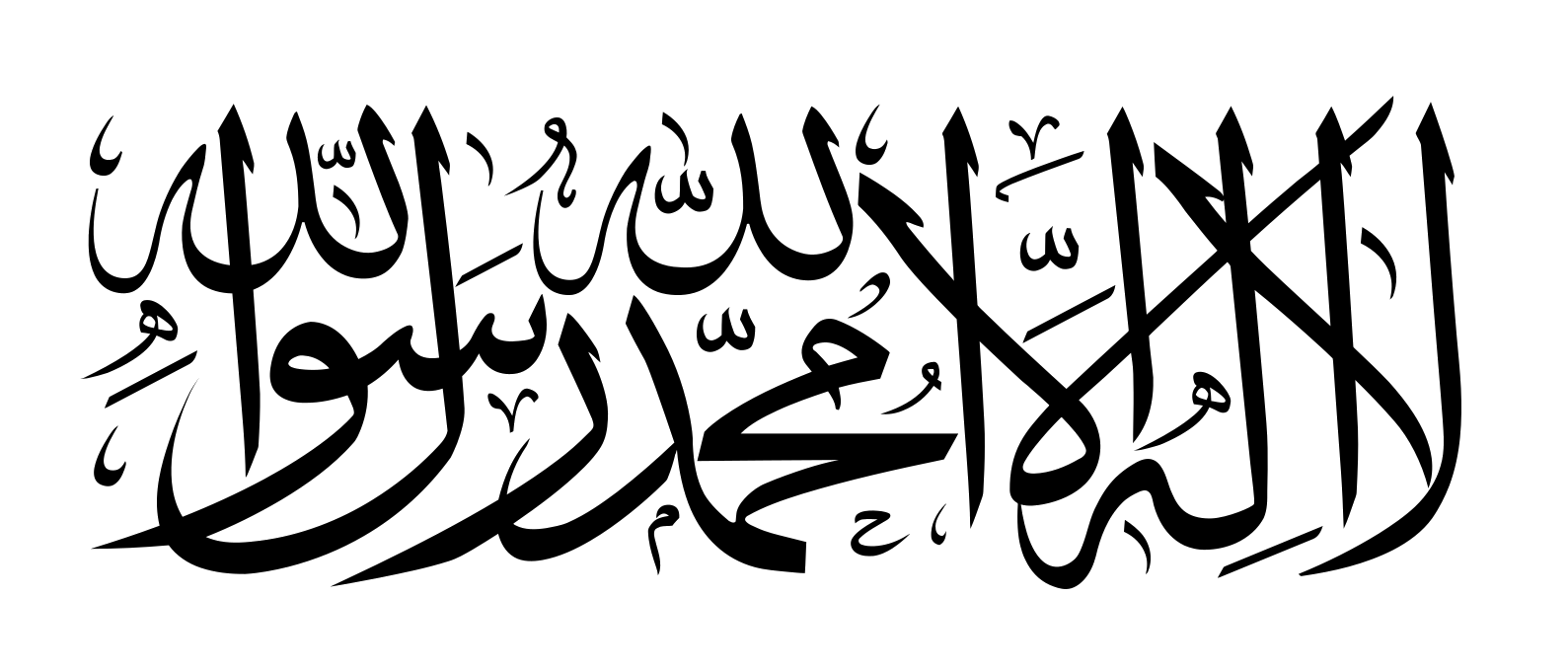 Afghanistan
Afghanistan
 Egypt
Egypt
 Armenia
Armenia
 Azerbaijan
Azerbaijan
 Bahrain
Bahrain
 Georgia
Georgia
 Iraq
Iraq
 Iran
Iran
 Israel
Israel
 Yemen
Yemen
 Jordan
Jordan
 Katar
Katar
 Kuwait
Kuwait
 Libanon
Libanon
 Oman
Oman
 Palestine
Palestine
 Saudi Arabia
Saudi Arabia
 Syria
Syria
 Turkey
Turkey
 United Arab Emirates
United Arab Emirates
 Cyprus
Cyprus
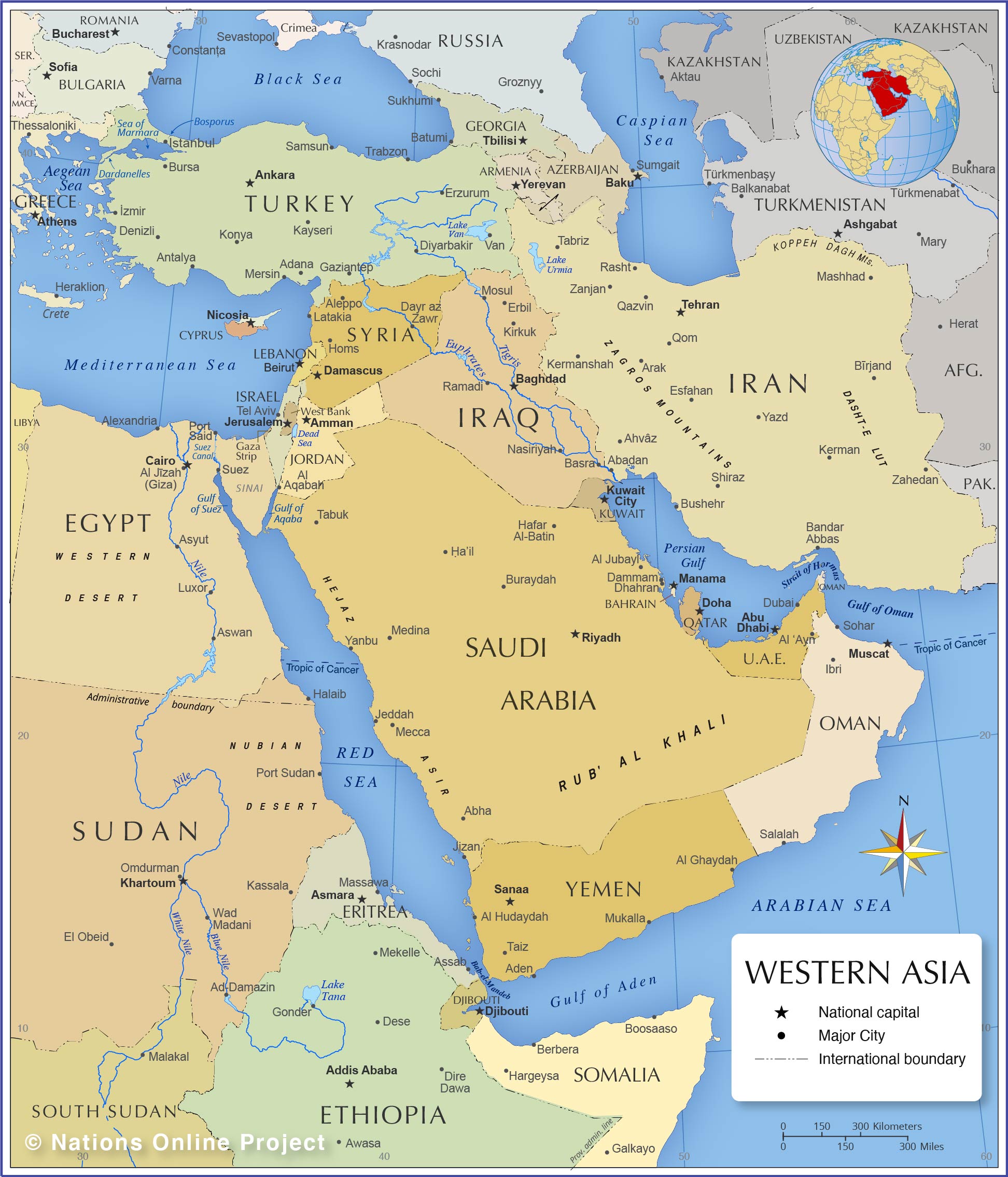
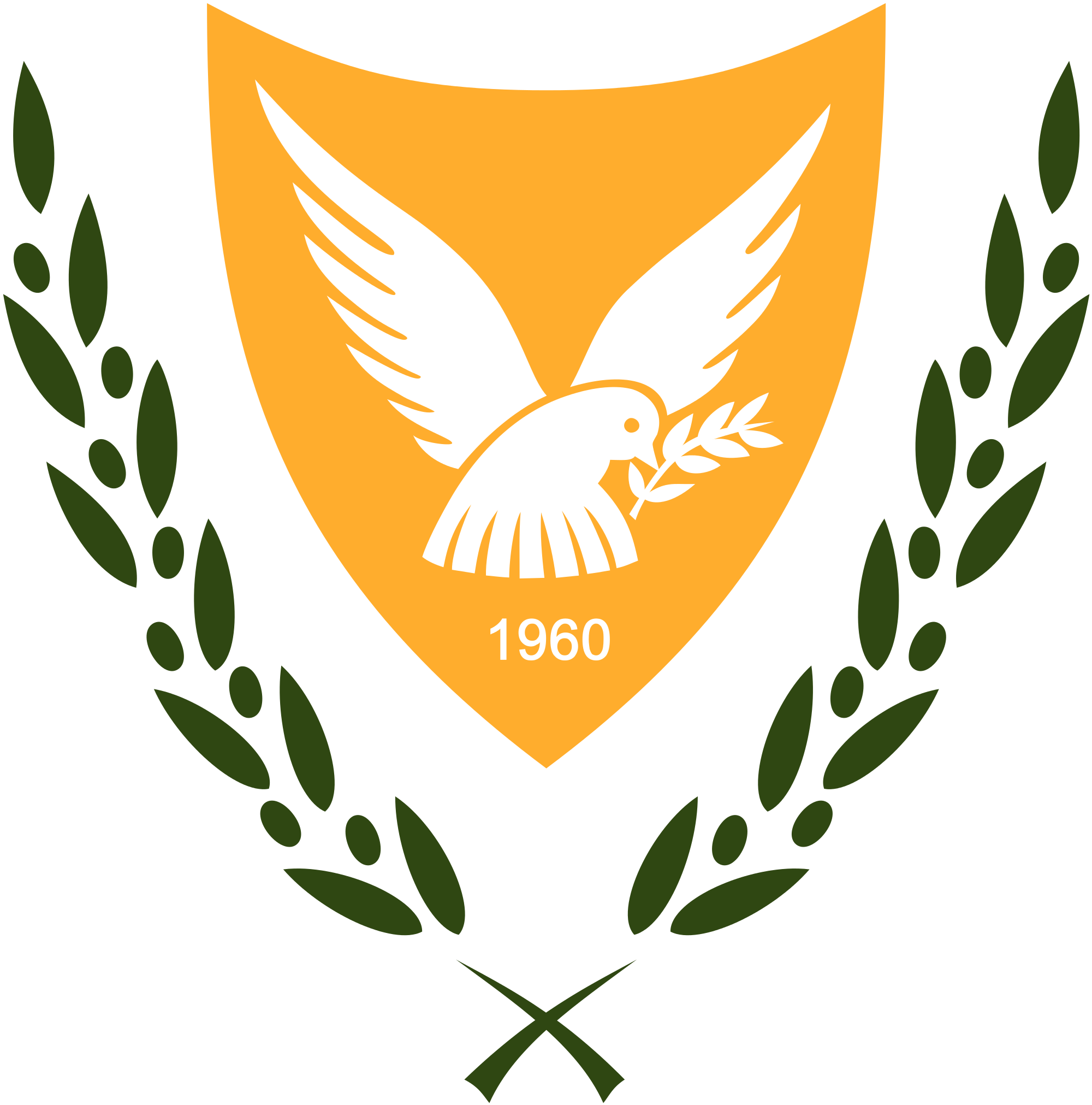


 Afghanistan
Afghanistan
 Egypt
Egypt
 Albania
Albania
 Angola
Angola
 Antigua and Barbuda
Antigua and Barbuda
 Argentina
Argentina
 Armenia
Armenia
 Australia
Australia
 Bahrain
Bahrain
 Bangladesh
Bangladesh
 Barbados
Barbados
 Belgium
Belgium
 Belize
Belize
 Benin
Benin
 Bolivia
Bolivia
 Botsuana
Botsuana
 Brazil
Brazil
 Brunei Darussalam
Brunei Darussalam
 Bulgaria
Bulgaria
 Burkina Faso
Burkina Faso
 Burundi
Burundi
 Chile
Chile
 China
China
 Columbia
Columbia
 Costa Rica
Costa Rica
 Côte d´Ivoire
Côte d´Ivoire
 Cuba
Cuba
 Denmark
Denmark
 Demokratische Republik Kongo
Demokratische Republik Kongo
 Germany
Germany
 Dominica
Dominica
 Dominikanische Republik
Dominikanische Republik
 Djibouti
Djibouti
 Ecuador
Ecuador
 Estonia
Estonia

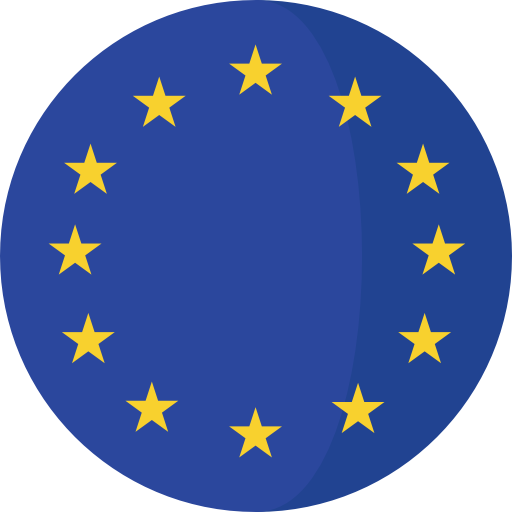 European Union
European Union
 Fidschi
Fidschi

 Financial
Financial
 Finland
Finland
 France
France
 Gabun
Gabun
 Gambia
Gambia
 Georgia
Georgia
 Ghana
Ghana
 Grenada
Grenada
 Greece
Greece
 Guatemala
Guatemala
 Guinea
Guinea
 Guinea-Bissau
Guinea-Bissau
 Guyana
Guyana
 Honduras
Honduras
 Hongkong Tebiexingzhengqu-HK
Hongkong Tebiexingzhengqu-HK
 India
India
 Indonesia
Indonesia
 Ireland
Ireland
 Iceland
Iceland
 Israel
Israel
 Italy
Italy
 Jamaika
Jamaika
 Japan
Japan
 Yemen
Yemen
 Jordan
Jordan
 Cambodia
Cambodia
 Cameroon
Cameroon
 Canada
Canada
 Kap Verde
Kap Verde
 Kasachstan
Kasachstan
 Katar
Katar
 Kenya
Kenya
 Kyrgyzstan
Kyrgyzstan
 Croatia
Croatia
 Kuwait
Kuwait
 Laos
Laos
 Lesotho
Lesotho
 Latvia
Latvia
 Liberia
Liberia
 Liechtenstein
Liechtenstein
 Lithuania
Lithuania
 Luxembourg
Luxembourg
 Macau Tebiexingzhengqu-MO
Macau Tebiexingzhengqu-MO
 Madagaskar
Madagaskar
 Malawi
Malawi
 Malta
Malta
 Morocco
Morocco
 Mauritania
Mauritania
 Mauritius
Mauritius
 Mexico
Mexico
 Moldawien
Moldawien

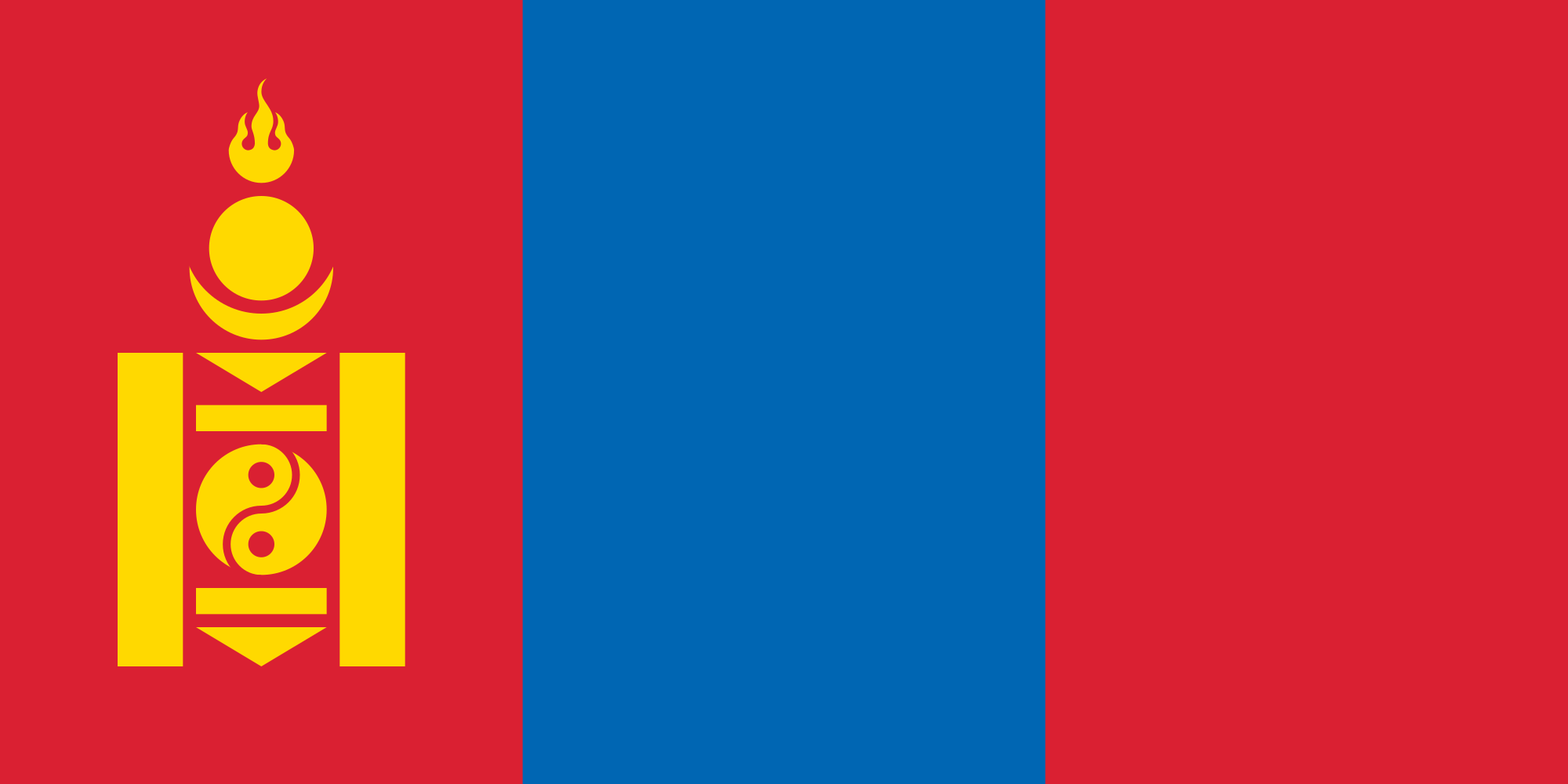 Mongolei
Mongolei
 Montenegro
Montenegro
 Mosambik
Mosambik
 Myanmar
Myanmar
 Namibia
Namibia
 Nepal
Nepal
 New Zealand
New Zealand
 Nicaragua
Nicaragua
 Netherlands
Netherlands
 Niger
Niger
 Nigeria
Nigeria
 Nordmazedonien
Nordmazedonien
 Norwegen
Norwegen
 Oman
Oman
 Austria
Austria
 Pakistan
Pakistan
 Panama
Panama
 Papua-Neuguinea
Papua-Neuguinea
 Paraguay
Paraguay
 Peru
Peru
 Philippines
Philippines
 Poland
Poland
 Portugal
Portugal
 Republik El Salvador
Republik El Salvador
 Republik Haiti
Republik Haiti
 Republik Kongo
Republik Kongo
 Republic of Korea
Republic of Korea
 Ruanda
Ruanda
 Romania
Romania
 Russia
Russia
 Salomonen
Salomonen
 Sambia
Sambia
 Samoa
Samoa
 Saudi Arabia
Saudi Arabia
 Sweden
Sweden
 Sweden
Sweden
 Switzerland
Switzerland
 Genf
Genf
 Senegal
Senegal
 Seychellen
Seychellen
 Sierra Leone
Sierra Leone
 Simbabwe
Simbabwe
 Singapore
Singapore
 Slovakia
Slovakia
 Slovenia
Slovenia
 Spain
Spain
 Sri Lanka
Sri Lanka
 Saint Kitts and Nevis
Saint Kitts and Nevis
 St. Lucia
St. Lucia
 St. Vincent and the Grenadines
St. Vincent and the Grenadines
 South Africa
South Africa
 Suriname
Suriname
 Swasiland
Swasiland
 Tajikistan
Tajikistan
 Taiwan Sheng-TW
Taiwan Sheng-TW
 Tansania
Tansania
 Thailand
Thailand
 Togo
Togo
 Tonga
Tonga
 Trinidad und Tobago
Trinidad und Tobago
 Tschad
Tschad
 Czech Republic
Czech Republic
 Tunisia
Tunisia
 Turkey
Turkey
 Uganda
Uganda
 Ukraine
Ukraine
 Hungary
Hungary
 Uruguay
Uruguay
 Vanuatu
Vanuatu
 Venezuela
Venezuela
 United Arab Emirates
United Arab Emirates
 United States
United States
 United Kingdom
United Kingdom
 Vietnam
Vietnam

 Important International Organizations
Important International Organizations
 World Trade Organization
World Trade Organization
 Roberto Azevêdo
Roberto Azevêdo
 World Trade Organization
World Trade Organization
 Mike Moore
Mike Moore
 World Trade Organization
World Trade Organization
 Ngozi Okonjo-Iweala
Ngozi Okonjo-Iweala
 World Trade Organization
World Trade Organization
 Pascal Lamy
Pascal Lamy
 World Trade Organization
World Trade Organization
 Peter Sutherland
Peter Sutherland
 World Trade Organization
World Trade Organization
 Renato Ruggiero
Renato Ruggiero
 World Trade Organization
World Trade Organization
 Supachai Panitchpakdi
Supachai Panitchpakdi
 Central African Republic
Central African Republic
 Cyprus
Cyprus


世界贸易组织(简称世贸组织或世贸;英语:World Trade Organization,缩写为 WTO;法语:Organisation Mondiale du Commerce,缩写为 OMC;西班牙语:Organización Mundial del Comercio,缩写为 OMC)是负责监督成员经济体之间各种贸易协议得到执行的一个国际组织,前身是1948年起实施的关税及贸易总协定的秘书处。
世贸总部位于瑞士日内瓦,现任总干事是罗伯托·阿泽维多。截至2016年7月29日,世界贸易组织共有164个成员。[5]世界贸易组织的职能是调解纷争,加入WTO不算签订一种多边贸易协议,但其设置的入会门槛可以做为愿意降低关税、法政上配合、参与国际贸易的门票,它是贸易体制的组织基础和法律基础,是众多贸易协定的管理者,是各成员贸易立法的监督者,是就贸易提供解决争端和进行谈判的场所。该机构是当代最重要的国际经济组织之一,其成员间的贸易额占世界贸易额的绝大多数,被称为“经济联合国”。
Die Welthandelsorganisation (englisch World Trade Organization, WTO; französisch Organisation mondiale du commerce, OMC; spanisch Organización Mundial de Comercio, OMC) ist eine internationale Organisation mit Sitz in Genf, die sich mit der Regelung von Handels- und Wirtschaftsbeziehungen beschäftigt. Sie wurde am 15. April 1994 aus dem General Agreement on Tariffs and Trade (GATT) in der Uruguay-Runde nach siebenjähriger Verhandlungszeit gegründet. Am 1. Januar 1995 nahm sie ihre Arbeit in Genf auf. Die WTO ist neben dem IWF und der Weltbank eine der zentralen internationalen Organisationen, die Handels- und Wirtschaftspolitik mit globaler Reichweite verhandelt.
世界貿易機関(せかいぼうえききかん、英: World Trade Organization、略称:WTO)は、自由貿易促進を主たる目的として創設された国際機関である。常設事務局がスイスのジュネーブに置かれている。
GATT(ガット)ウルグアイ・ラウンドにおける合意によって、世界貿易機関を設立するマラケシュ協定(WTO設立協定)に基づいて1995年1月1日にGATTを発展解消させて成立した。
本来GATTは、第二次世界大戦後の安定を見据え、国際通貨基金および国際復興開発銀行とともに設立が予定されていた国際貿易機関(ITO)の設立準備の際に、暫定協定として結ばれたものであった。国際貿易機関の設立が廃案となり、GATTがその代替として発展強化されていくうちに、再びこの分野の常設機関が求められ、WTOが設立されることとなった。発展解消であるため、GATTの事務局及び事務局長もWTOへと引き継がれることとなった[4]。
WTOはGATTを継承したものであるが、GATTが協定(Agreement)に留まったのに対し、WTOは機関(Organization)であるのが根本的な違いである。
を基本原則としている。また、物品貿易だけでなく金融、情報通信、知的財産権やサービス貿易も含めた包括的な国際通商ルールを協議する場である。
対抗処置の発動では、紛争処理機関(パネル)の提訴に対し全加盟国による反対がなければ採択されるというネガティブ・コンセンサス方式(逆コンセンサス方式)を採用した強力な紛争処理能力を持つ。これは国際組織としては稀な例であり、コンセンサス方式を採っていたGATTとの大きな違いで、WTOの特徴の一つといえる。
新多角的貿易交渉(新ラウンド)は、2001年11月にカタールのドーハで行われた第4回WTO閣僚会議で開始を決定し、ドーハ・ラウンドと呼ばれていた。2002年2月1日の貿易交渉委員会で新ラウンドがスタートした。しかし9年に及ぶ交渉は先進国と、急速に台頭してきたBRICsなど新興国との対立によって中断と再開を繰り返した末、ジュネーブで行われた第4回WTO閣僚会議(2011年12月17日)で「交渉を継続していくことを確認するものの、近い将来の妥結を断念する」(議長総括)となり事実上停止状態になった。
その後、2013年のバリ島における閣僚会議で、貿易円滑化協定を含む合意が成立し、2014年7月まで貿易円滑化協定をWTO協定に加える(附属書1Aに追加)するための文書を一般理事会で採択すべきとされた[5]。しかしインドが合意を蒸し返す状態で反対したため期限までに採択できなかった[6]。その後食糧備蓄への補助金の問題で先進国側が譲歩することでようやくインドが合意し、2014年11月27日の一般理事会で貿易円滑化協定が採択された[6]。WTO加盟国の3分の2が改正を受諾した日に発効することになっており、2017年2月22日にこの要件を満たし、協定が発効した。
The World Trade Organization (WTO) is an intergovernmental organization that regulates international trade. The WTO officially commenced on 1 January 1995 under the Marrakesh Agreement, signed by 124 nations on 15 April 1994, replacing the General Agreement on Tariffs and Trade (GATT), which commenced in 1948. It is the largest international economic organization in the world.[5][6]
The WTO deals with regulation of trade in goods, services and intellectual property between participating countries by providing a framework for negotiating trade agreements and a dispute resolution process aimed at enforcing participants' adherence to WTO agreements, which are signed by representatives of member governments[7]:fol.9–10 and ratified by their parliaments.[8] The WTO prohibits discrimination between trading partners, but provides exceptions for environmental protection, national security, and other important goals.[9] Trade-related disputes are resolved by independent judges at the WTO through a dispute resolution process.[9]
The WTO's current Director-General is Roberto Azevêdo,[10][11] who leads a staff of over 600 people in Geneva, Switzerland.[12] A trade facilitation agreement, part of the Bali Package of decisions, was agreed by all members on 7 December 2013, the first comprehensive agreement in the organization's history.[13][14] On 23 January 2017, the amendment to the WTO Trade Related Aspects of Intellectual Property Rights (TRIPS) Agreement marks the first time since the organization opened in 1995 that WTO accords have been amended, and this change should secure for developing countries a legal pathway to access affordable remedies under WTO rules.[15]
Studies show that the WTO boosted trade,[16][17][9] and that barriers to trade would be higher in the absence of the WTO.[18] The WTO has highly influenced the text of trade agreements, as "nearly all recent [preferential trade agreements (PTAs)] reference the WTO explicitly, often dozens of times across multiple chapters... in many of these same PTAs we find that substantial portions of treaty language—sometime the majority of a chapter—is copied verbatim from a WTO agreement."[19]
L'Organisation mondiale du commerce (OMC ; en anglais : World Trade Organization, WTO, en espagnol : Organización Mundial del Comercio, OMC) est une organisation internationale qui s'occupe des règles régissant le commerce international entre les pays. Au cœur de l'organisation se trouvent les accords de l'OMC, négociés et signés en avril 1994 à Marrakech1 par la majeure partie des puissances commerciales du monde2 et ratifiés par leurs assemblées parlementaires. L'OMC a pour but principal de favoriser l'ouverture commerciale. Pour cela, elle tâche de réduire les obstacles au libre-échange, d'aider les gouvernements à régler leurs différends commerciaux et d'assister les exportateurs, les importateurs et les producteurs de marchandises et de services dans leurs activités.
Depuis 2001, le cycle de négociation mené par l'OMC est le Cycle de Doha3. Bien que l'OMC ne soit pas une agence spécialisée de l'ONU, elle entretient des liens avec cette dernière4. Le siège de l'OMC est au Centre William-Rappard, à Genève. Depuis le 1er septembre 2013, l'organisation est présidée par le Brésilien Roberto Azevêdo qui a été élu directeur général.
L'Organizzazione mondiale del commercio, abbreviato in OMC (in inglese: World Trade Organization, WTO), è un'organizzazione internazionale creata allo scopo di supervisionare numerosi accordi commerciali tra gli stati membri. Vi aderiscono[3] 164 Paesi, a cui se ne aggiungono altri 22 con ruolo di osservatori,[4] comprendendo così oltre il 95% del commercio mondiale di beni e servizi.[5]
La sede dell'OMC si trova, dal 1995, presso il Centro William Rappard a Ginevra, Svizzera.[6]
La Organización Mundial del Comercio (OMC) fue establecida en 1995. Tiene su sede en Ginebra, Suiza, y sus idiomas oficiales son el inglés, el francés y el español. La OMC no forma parte del sistema de las Naciones Unidas, y tampoco de los organismos de Bretton Woods como el Banco Mundial o el FMI.Nota 1
Всеми́рная торго́вая организа́ция (ВТО; англ. World Trade Organization (WTO), фр. Organisation mondiale du commerce (OMC), исп. Organización Mundial del Comercio) — международная организация, созданная 1 января 1995 года с целью либерализации международной торговли и регулирования торгово-политических отношений государств-членов. ВТО образована на основе Генерального соглашения по тарифам и торговле (ГАТТ), заключенного в 1947 году и на протяжении почти 50 лет фактически выполнявшего функции международной организации, но не являвшегося тем не менее международной организацией в юридическом смысле.
ВТО отвечает за разработку и внедрение новых торговых соглашений, а также следит за соблюдением членами организации всех соглашений, подписанных большинством стран мира и ратифицированных их парламентами. ВТО строит свою деятельность, исходя из решений, принятых в 1986—1994 годах в рамках Уругвайского раунда и более ранних договоренностей ГАТТ. Обсуждения проблем и принятие решений по глобальным проблемам либерализации и перспективам дальнейшего развития мировой торговли проходят в рамках многосторонних торговых переговоров (раунды). К настоящему времени проведено 8 раундов таких переговоров, включая Уругвайский, а в 2001 году стартовал девятый в Дохе, Катар. Организация пытается завершить переговоры по Дохийскому раунду переговоров, который был начат с явным акцентом на удовлетворение потребностей развивающихся стран. По состоянию на декабрь 2012 года будущее раунда переговоров в Дохе остаётся неопределённым: программа работы состоит из 21 части, а первоначально установленный окончательный срок 1 января 2005 года был давно пропущен[3]. В ходе переговоров возник конфликт между стремлением к свободной торговле и стремлением множества стран к протекционизму, особенно в плане сельскохозяйственных субсидий. До сих пор эти препятствия остаются главными и мешают любому прогрессу для запуска новых переговоров в рамках Дохийского раунда. По состоянию на июль 2012 года, существуют различные группы переговоров в системе ВТО для решения текущих вопросов в плане сельского хозяйства, что приводит к застою в самих переговорах[4].
Штаб-квартира ВТО расположена в Женеве, Швейцария. Глава ВТО (генеральный директор) — Роберту Карвалью ди Азеведу, в штате самой организации около 600 человек[5].
На 26 апреля 2015 года в ВТО состояли 162 страны[6].
Правила ВТО предусматривают ряд льгот для развивающихся стран. В настоящее время развивающиеся страны — члены ВТО имеют (в среднем) более высокий относительный уровень таможенно-тарифной защиты своих рынков по сравнению с развитыми. Тем не менее, в абсолютном выражении общий размер таможенно-тарифных санкций в развитых странах гораздо выше, вследствие чего доступ на рынки высокопередельной продукции из развивающихся стран серьёзно ограничен[7].
Правила ВТО регулируют только торгово-экономические вопросы. Попытки США и ряда европейских стран начать дискуссию об условиях труда (что позволило бы считать недостаточную законодательную защиту работников конкурентным преимуществом) были отвергнуты из-за протестов развивающихся стран, которые утверждали, что такие меры только ухудшат благосостояние работников в связи с сокращением числа рабочих мест, снижением доходов и уровня конкурентоспособности[7].
Mitglieder der WTO
| Staat | Beitrittsdatum |
|---|---|
| 30. Juni 1995 | |
| 29. Juli 2016 | |
| 8. September 2000 | |
| 23. November 1996 | |
| 1. Januar 1995 | |
| 1. Januar 1995 | |
| 5. Februar 2003 | |
| 1. Januar 1995 | |
| 1. Januar 1995 | |
| 1. Januar 1995 | |
| 1. Januar 1995 | |
| 1. Januar 1995 | |
| 1. Januar 1995 | |
| 22. Februar 1996 | |
| 12. September 1995 | |
| 31. Mai 1995 | |
| 1. Januar 1995 | |
| 1. Januar 1995 | |
| 1. Dezember 1996 | |
| 3. Juni 1995 | |
| 23. Juli 1995 | |
| 1. Januar 1995 | |
| 11. Dezember 2001 | |
| 1. Januar 1995 | |
| 1. Januar 1995 | |
| 1. Januar 1995 | |
| 1. Januar 1995 | |
| 9. März 1995 | |
| 31. Mai 1995 | |
| 21. Januar 1996 | |
| 7. Mai 1995 | |
| 1. Januar 1995 | |
| 13. November 1999 | |
| 1. Januar 1995 | |
| 1. Januar 1995 | |
| 14. Januar 1996 | |
| 1. Januar 1995 | |
| 1. Januar 1995 | |
| 1. Januar 1995 | |
| 23. Oktober 1996 | |
| 14. Juni 2000 | |
| 1. Januar 1995 | |
| 22. Februar 1996 | |
| 1. Januar 1995 | |
| 21. Juli 1995 | |
| 25. Oktober 1995 | |
| 31. Mai 1995 | |
| 1. Januar 1995 | |
| 30. Januar 1996 | |
| 1. Januar 1995 | |
| 1. Januar 1995 | |
| 1. Januar 1995 | |
| 1. Januar 1995 | |
| 1. Januar 1995 | |
| 1. Januar 1995 | |
| 21. April 1995 | |
| 1. Januar 1995 | |
| 9. März 1995 | |
| 26. Juni 2014 | |
| 1. Januar 1995 | |
| 11. April 2000 | |
| 13. Oktober 2004 | |
| 13. Dezember 1995 | |
| 1. Januar 1995 | |
| 23. Juli 2008 | |
| 30. November 2015 | |
| 13. Januar 1996 | |
| 1. Januar 1995 | |
| 20. Dezember 1998 | |
| 30. April 1995 | |
| 1. Januar 1997 | |
| 27. März 1997 | |
| 30. November 2000 | |
| 20. April 1995 | |
| 1. Januar 1995 | |
| 2. Februar 2013 | |
| 31. Mai 1995 | |
| 10. Februar 1999 | |
| 14. Juli 2016 | |
| 1. September 1995 | |
| 31. Mai 2001 | |
| 1. Januar 1995 | |
| 1. Januar 1995 | |
| 17. November 1995 | |
| 29. April 2012 | |
| 31. Mai 1995 | |
| 1. Januar 1995 | |
| 31. Mai 1995 | |
| 31. Mai 1995 | |
| 1. Januar 1995 | |
| 1. Januar 1995 | |
| 31. Mai 1995 | |
| 1. Januar 1995 | |
| 4. April 2003 | |
| 1. Januar 1995 | |
| 26. Juli 2001 | |
| 29. Januar 1997 | |
| 26. August 1995 | |
| 1. Januar 1995 | |
| 1. Januar 1995 | |
| 23. April 2004 | |
| 1. Januar 1995 | |
| 3. September 1995 | |
| 1. Januar 1995 | |
| 13. Dezember 1996 | |
| 1. Januar 1995 | |
| 1. Januar 1995 | |
| 9. November 2000 | |
| 1. Januar 1995 | |
| 1. Januar 1995 | |
| 6. September 1997 | |
| 9. Juni 1996 | |
| 1. Januar 1995 | |
| 1. Januar 1995 | |
| 1. Januar 1995 | |
| 1. Juli 1995 | |
| 1. Januar 1995 | |
| 22. Mai 1996 | |
| 1. Januar 1995 | |
| 22. August 2012 | |
| 26. Juli 1996 | |
| 1. Januar 1995 | |
| 11. Dezember 2005 | |
| 10. Mai 2012 | |
| 1. Januar 1995 | |
| 1. Januar 1995 | |
| 1. Januar 1995 | |
| 26. April 2015 | |
| 23. Juli 1995 | |
| 5. März 1995 | |
| 1. Januar 1995 | |
| 1. Januar 1995 | |
| 30. Juli 1995 | |
| 1. Januar 1995 | |
| 1. Januar 1995 | |
| 21. Februar 1996 | |
| 1. Januar 1995 | |
| 1. Januar 1995 | |
| 1. Januar 1995 | |
| 1. Januar 1995 | |
| 1. Januar 1995 | |
| 2. März 2013 | |
| 1. Januar 2002 | |
| 1. Januar 1995 | |
| 1. Januar 1995 | |
| 31. Mai 1995 | |
| 27. Juli 2007 | |
| 1. März 1995 | |
| 19. Oktober 1996 | |
| 1. Januar 1995 | |
| 29. März 1995 | |
| 26. März 1995[2] | |
| 1. Januar 1995 | |
| 16. Mai 2008 | |
| 1. Januar 1995 | |
| 1. Januar 1995 | |
| 1. Januar 1995 | |
| 10. April 1996 | |
| 1. Januar 1995 | |
| 1. Januar 1995 | |
| 24. August 2012 | |
| 11. Januar 2007 | |
| 31. Mai 1995 | |
| 30. Juli 1995 |
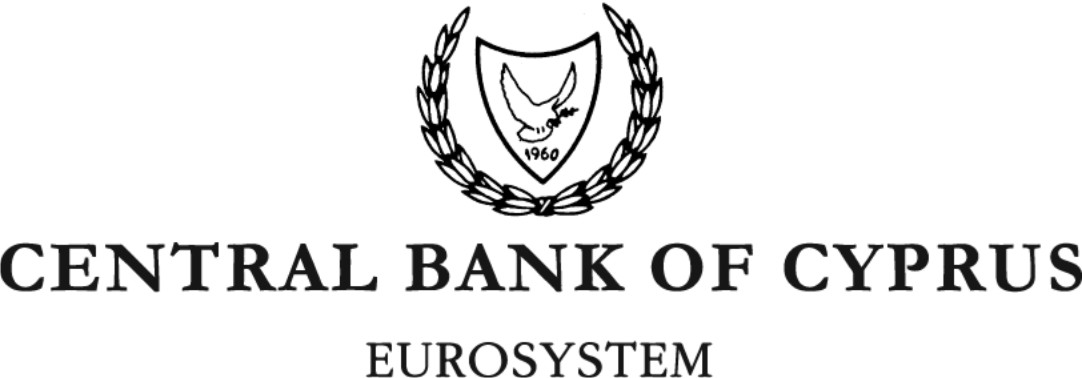
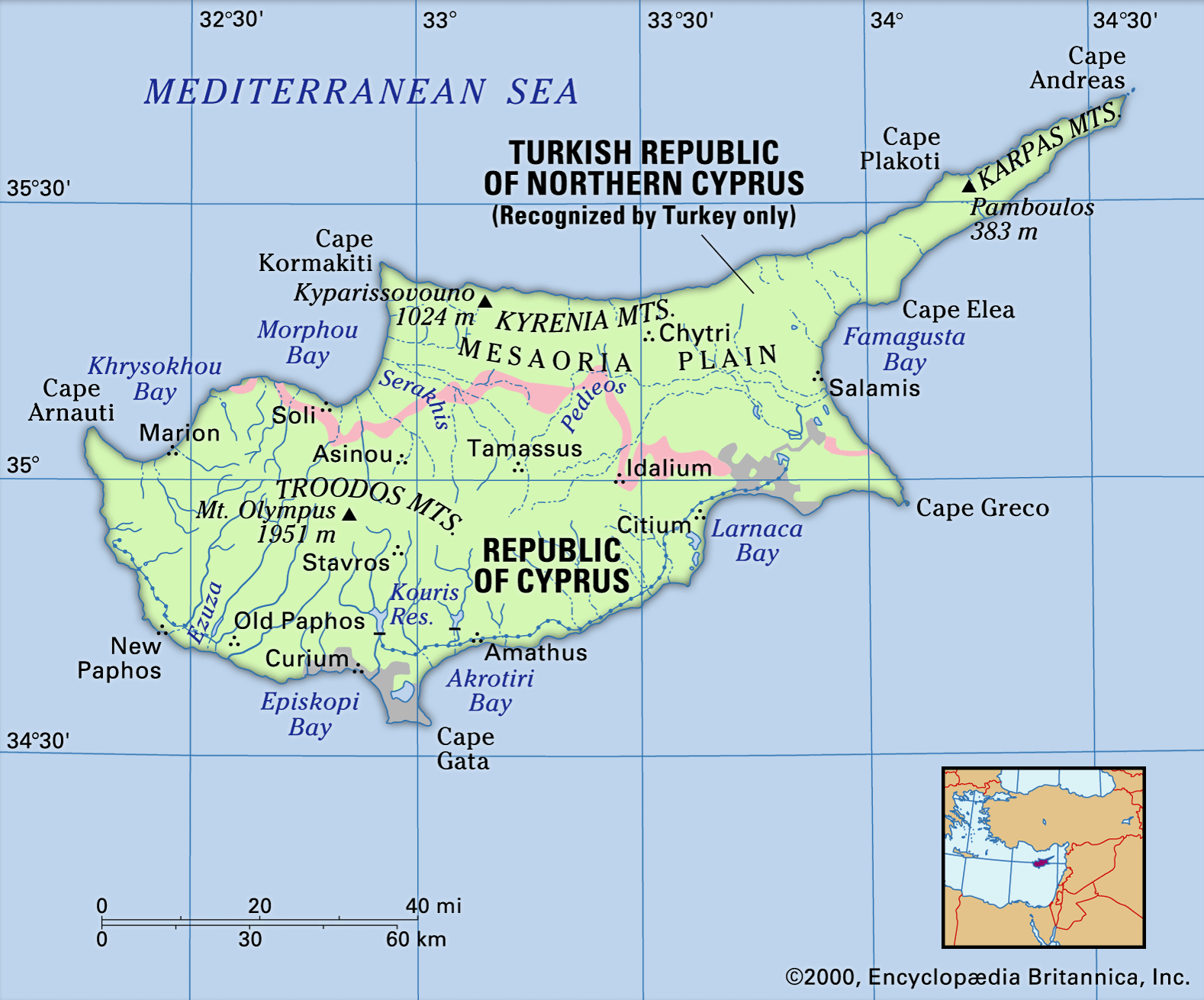

 UEFA European Championship 2020
UEFA European Championship 2020
 Group I
Group I

 Sport
Sport
 (F)UEFA Nations League
(F)UEFA Nations League
 UEFA Nations League
UEFA Nations League
 UEFA Nations League C - Group 3
UEFA Nations League C - Group 3
 Cyprus
Cyprus

 Architecture
Architecture
 History
History
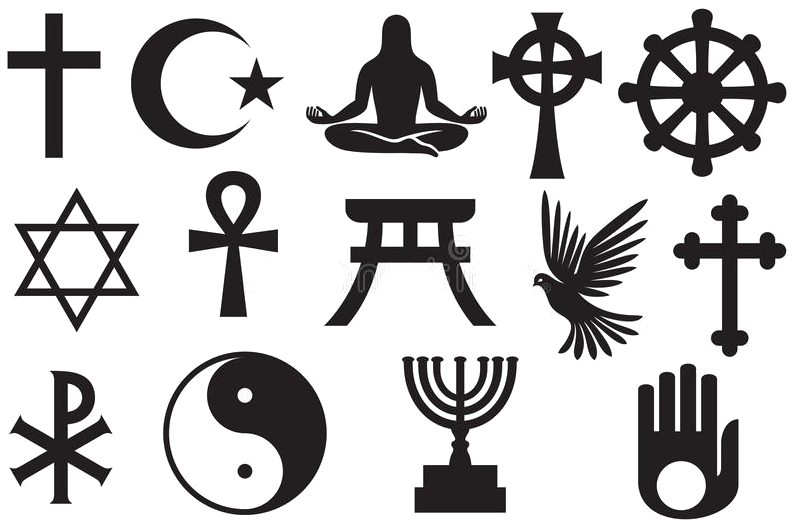 Religion
Religion
 Geography
Geography
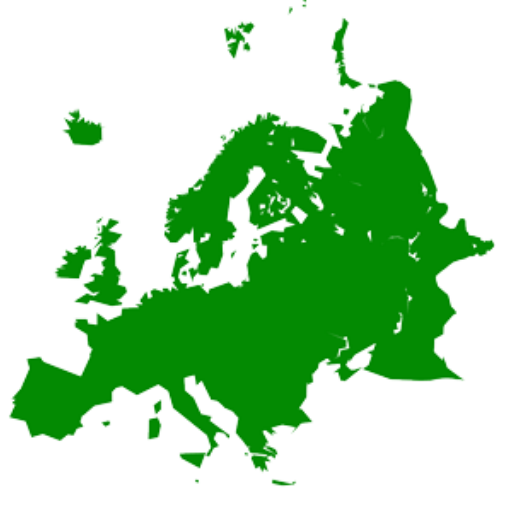 States of Europe
States of Europe
 Eat and Drink
Eat and Drink
 Economy and trade
Economy and trade